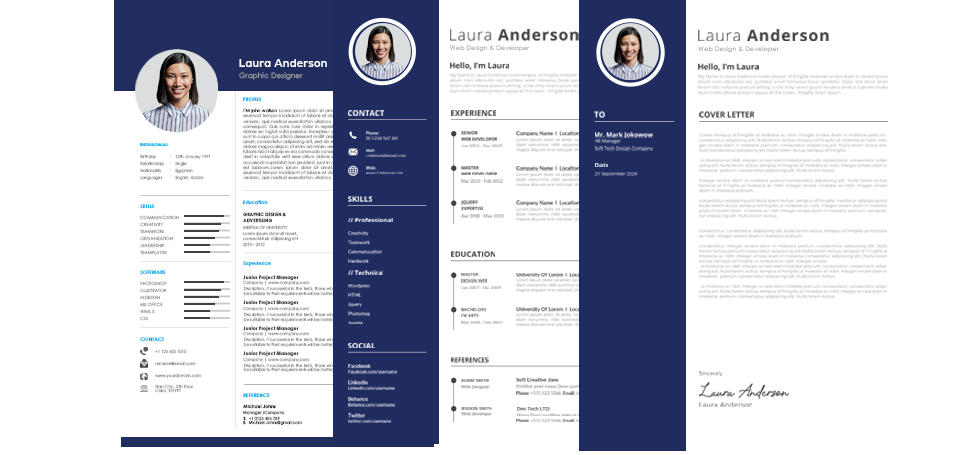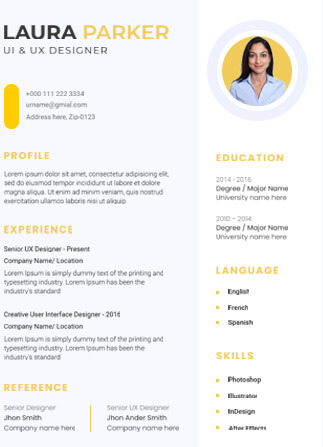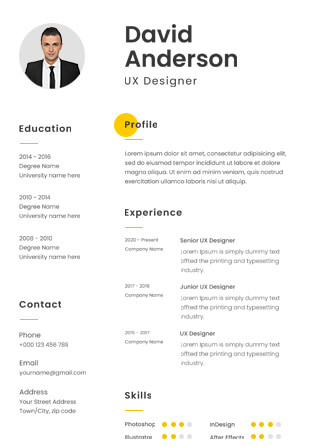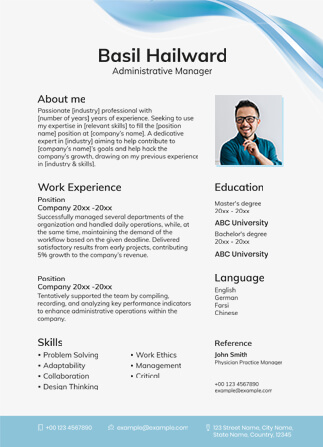Paving the way to a Brighter Future with Our Civil Engineering Resume Examples!
Are you passionate about building a career as a civil engineer and looking for a job? Our civil engineering resume examples can be your guide to drafting a resume that gets you noticed. With the help of our top-notch templates, get a chance to showcase your skills, knowledge, and experience in a way that truly resonates with employers.

Build a Noticeable Resume with our Civil Engineering Resume Examples
With our expertly crafted templates, you can build the perfect resume highlighting your unique skills and experience. Our resume examples can guide you in showcasing your expertise in project management, structural design, and construction supervision. You’ll be able to present yourself as a top candidate to potential employers.

Let us help you take the first step toward your dream job today. Read to create an impactful civil engineering resume? Understand the essentials.
- Key factors in building a perfect civil engineering resume
- Why resume keywords are so important and how to use them?
- How to make an ideal summary for your civil engineering resume?
What a perfect civil engineering resume looks like?
Key Factors to Build a Perfect Civil Engineering Resume
A professional civil engineering resume is essential in securing a desired job. A well-crafted resume can help you stand out from the competition, increasing your chances of getting hired. There are key factors to consider to build a perfect civil engineering resume.
Highlight Your Education and Certifications:
A civil engineer should have a bachelor’s degree in civil engineering, and it is essential to highlight it in a resume. You can also include additional certifications, such as the Professional Engineer (PE) license or LEED accreditation. These certifications demonstrate your commitment to the field and show your expertise.
List Relevant Experience
Your work experience is critical as it highlights your technical expertise, problem-solving skills, and ability to work in a team. Make sure to list your relevant work experience in reverse chronological order, starting with your most recent job.
Emphasize Your Technical Skills
Civil engineering is a technical field, and it is essential to highlight your technical skills on the resume. This can include proficiency in software programs such as AutoCAD, Revit, and Civil 3D among others. Additionally, highlight your knowledge of engineering principles, materials, and construction techniques.
List Down Your Achievements
Including your achievements and accomplishments on the resume can highlight your potential as a civil engineer. For example, if you have completed a large-scale project, managed a team, or reduced project costs, it should be added to your resume.
Customize Your Resume for the Job
Customizing your resume for the job you are applying for can help you stand out from other candidates. Tailor your resume to the specific job description by highlighting relevant skills and experience.
Include Relevant Extracurricular Activities
Including your extracurricular activities can help showcase your leadership, teamwork, and problem-solving skills. For instance, if you were a member of a civil engineering club, participated in a design competition, or volunteered for a local community project, make sure to include it in your resume.
Use Strong Action Verbs
Using strong action verbs can make your resume more compelling and engaging. Begin each bullet point in your work experience with a strong action verb such as “designed,” “managed,” “constructed,” or “evaluated.”
Keep it Clear and Concise
A civil engineering resume should be easy to read and comprehend. Avoid using complex words and sentences that may confuse the reader. Use bullet points to break up long paragraphs and ensure the resume is at most, two pages long.
Proofread Your Resume
Proofread your resume for spelling and grammatical errors. It is essential to present a professional and error-free resume to potential employers.

How to Make a Perfect Summary for your Civil Engineering Resume?
As a civil engineer, crafting the perfect resume summary can be daunting, but fear not! To create an effective summary, identify your core competencies and achievements, then highlight these concisely and impactfully. Be sure to use industry-specific jargon and language so that hiring managers can easily identify your technical abilities. Additionally, ensure your summary is tailored to the specific job you are applying for, highlighting the most relevant skills to the role. A well-written summary will grab the attention of potential employers, leaving them eager to read the rest of your resume and invite you for an interview.
What a perfect civil engineering resume looks like?
Several format types are suitable for a civil engineering resume. However, these three are the most preferred formats:
- Reverse-Chronological Format: This is the most common format for a civil resume, where your work experience is listed in reverse chronological order. It emphasizes your work history and experience and is ideal for those with a steady career path.
- Functional Format: This format focuses on your skills and achievements rather than your work history. It is ideal for those who are changing careers, have gaps in employment, or have limited work experience.
- Combination Format: This combines the best of both worlds, highlighting your work experience and skills. It is ideal for those with a strong work history and relevant skills to showcase.
Whichever format you choose, it’s important to ensure that your resume is easy to read, well-organized, and accentuates your most relevant experience and achievements.
Why are resume keywords so Important, and How do you Use Them?
Keywords are crucial to get a resume survive the filtering out phase. These keywords are essential because many companies now use Applicant Tracking Systems (ATS) to sort through a large pool of applicants. Incorporating the right keywords into your resume can increase your chances of being selected for an interview.
Here are the keywords that you should use in your civil engineering resume:
- Construction management
- Project management
- Site inspection
- Structural analysis
- Geotechnical engineering
- Transportation engineering
- Water resources engineering
- Building codes and regulations
- AutoCAD
- Revit
- Surveying
- Cost estimation
- Quality control
- Safety management
- Environmental engineering
- Communication skills
- Teamwork
- Problem-solving
- Analytical skills
- Time management.
It is important to use the keywords sparingly, as this can appear unnatural and negatively affect your chances of being selected. By using the right resume keywords in an adequate density, you can effectively communicate your skills and qualifications to potential employers and land your dream job.
Unbeatable Resume Options with Unmatchable Quality
Quick Questions
Your civil engineering resume should include your educational qualifications, professional experience, technical skills, relevant projects, and certifications. You may also add academic honors, memberships, and other relevant achievements.
Some key skills that should be included in your civil engineering resume are technical knowledge, analytical, problem-solving, team management, communication, and project management skills.
You can include non-engineering experience in your civil engineering resume, particularly if it demonstrates your transferable skills. However, make sure that it is relevant to the job you are applying for.
You can tailor your civil engineering resume for a specific job by highlighting relevant experience, skills, and accomplishments matching the job requirements. Research the company and job description and use keywords from these sources to make your resume stand out.
You may include your GPA in your civil engineering resume if it is above 3.0 or recently graduated. However, it is unnecessary to include your GPA in your resume, particularly if you have significant professional experience.








